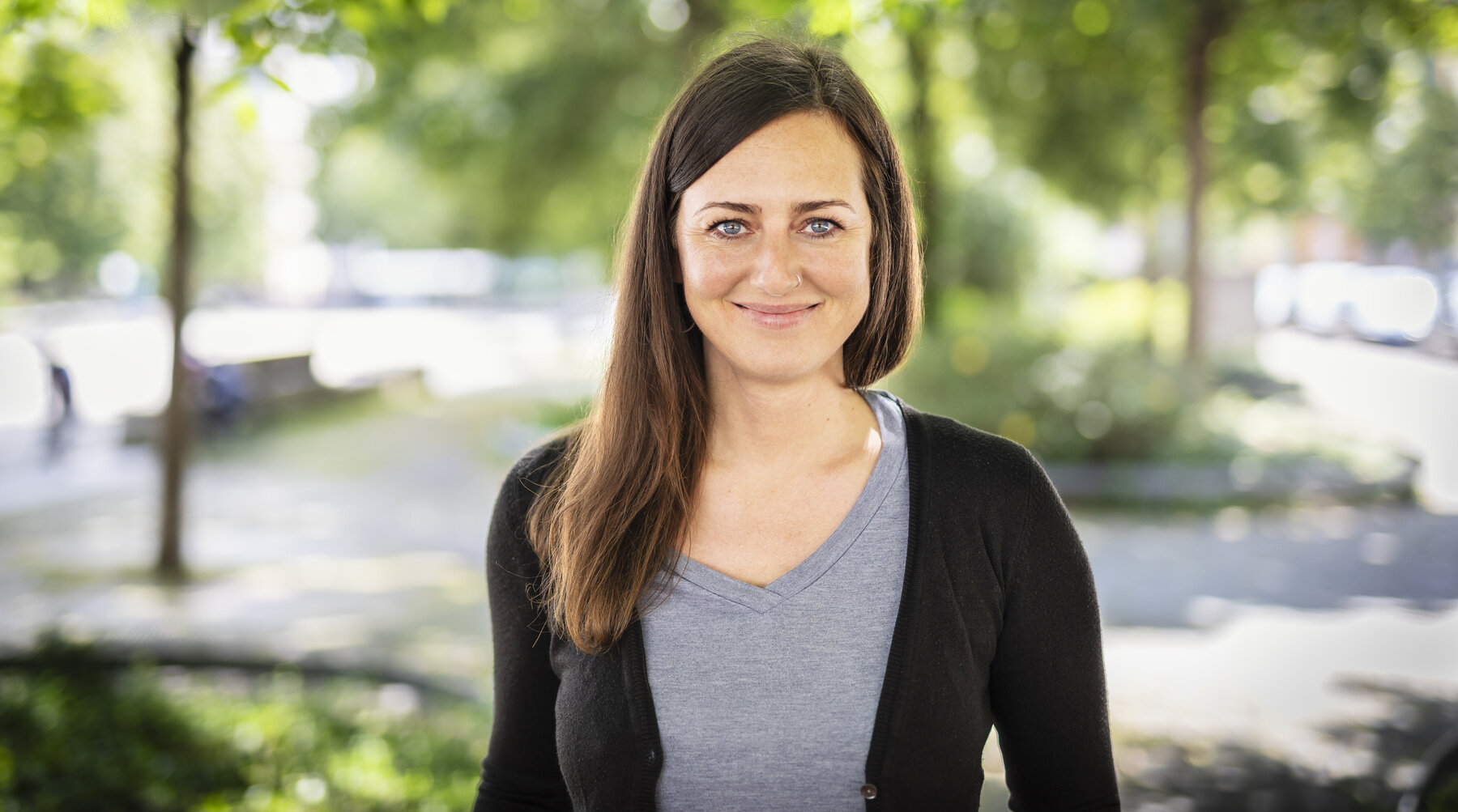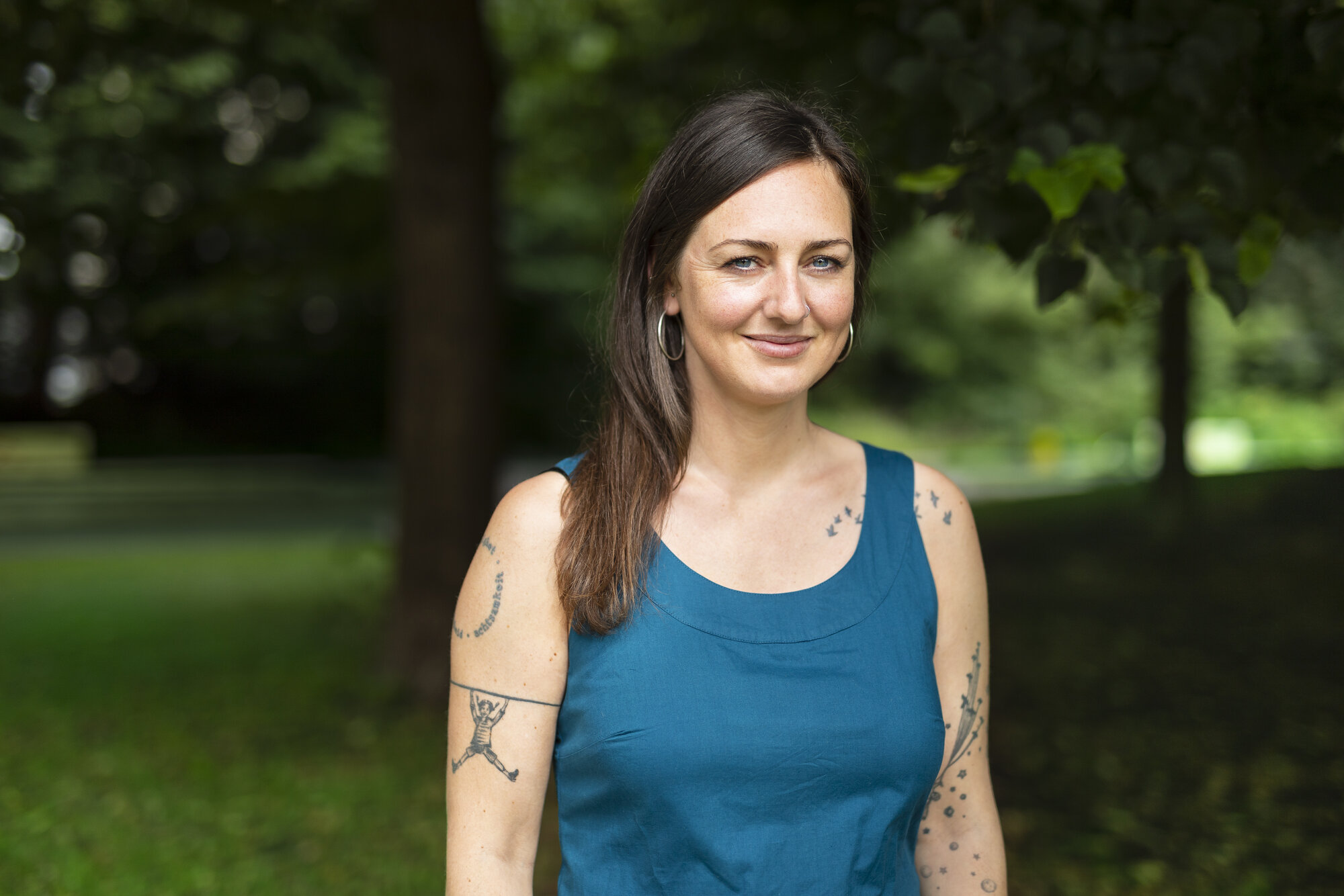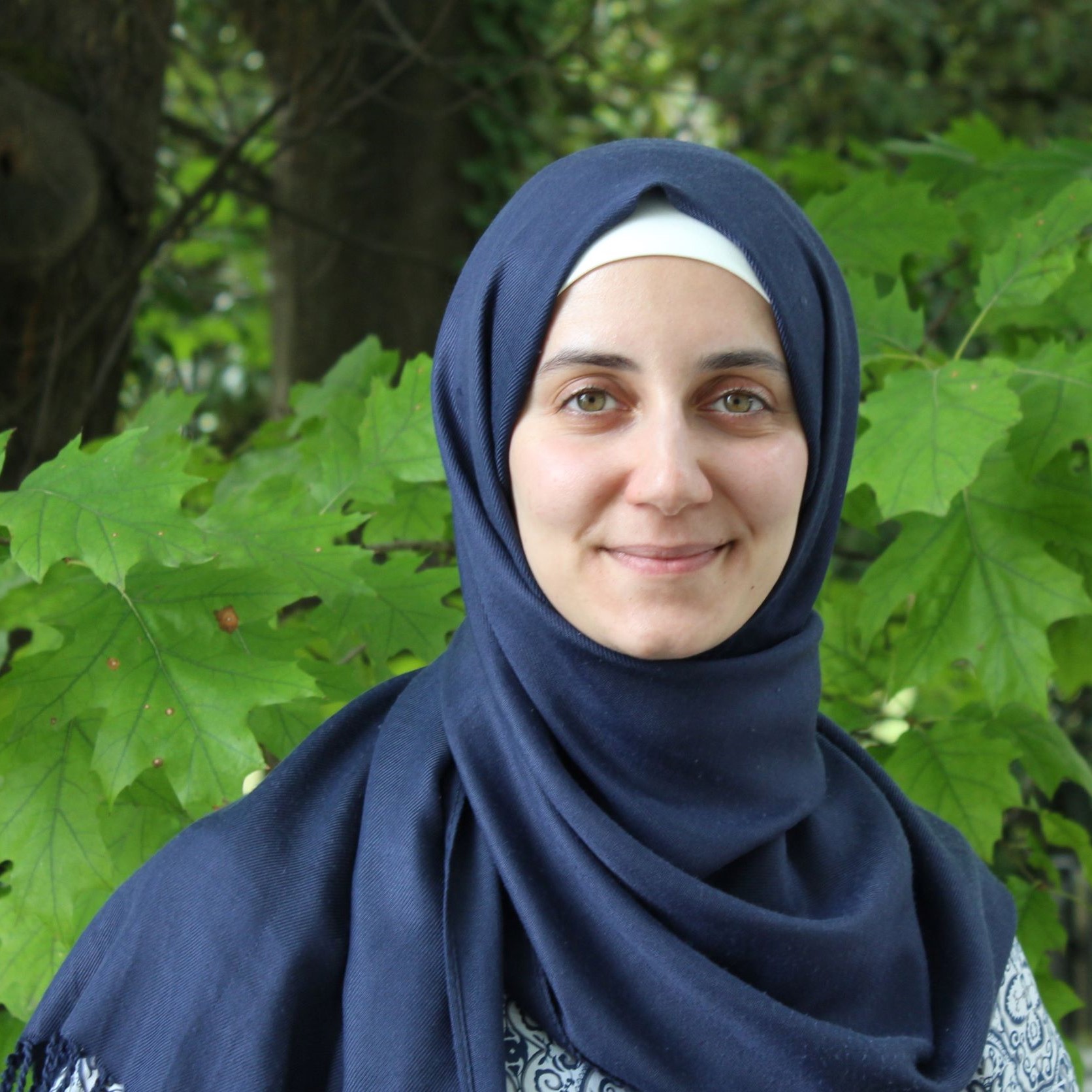Ten years ago, Nina Fuchs was raped after someone spiked her drink. Although her alleged attacker was identified by his DNA five years later, Munich's public prosecutor failed to bring charges. Nina petitioned online for the prosecutor to pursue her case and drew media attention to the shortcomings in Germany’s current laws on sexual offences which denied her justice. When women with similar experiences contacted Nina, she realized that hers was not an isolated case and formed 'Kein Opfer' ("Not A Victim"), an organisation fighting for the rights of victims of sexual violence.
You identified gaps in German law as a result of which many rape cases like yours cannot be prosecuted. What needs to be changed?
Until 2016, the only situation recognised as rape in Germany was when you physically fought against your perpetrator. If you could not fight, if you cried, if you said no, it was not considered rape. It took 20 years to change that. Now the laws covering sexual offences are based on the "no means no" principle. I want to change the law further from "no means no" to "yes means yes".
"If you said no, it was not considered rape"
What is the difference between the two?
According to German law, being passive is not considered a 'no'. But it is not a 'yes'. It is crucial to have the principle of consent enshrined in law, especially in cases where the victims are passive. Psychologists agree that in circumstances of acute danger and trauma, there are behavioural patterns which are typical of traumatized people. A Swedish study showed that 70 percent of people who had experienced sexual violence were in freeze mode. They were passive and could not say 'no'.
Maybe in ten or twenty years, we might have a society with less sexual violence and a better support system for victims. [...] If I didn't have this hope, I would quit.
Nina Fuchs
In your case, because your drink had been spiked, you were completely unconscious when your attack began. So, you were not in a position where you could fight back or say 'no'…
Exactly. After my drink had been spiked, I blacked out. Two hours later, I woke up in a park, where I was being raped by two men. The prosecution closed the case after the incident because there was no match in the database. Four years later, they found the alleged perpetrator in the database.
A persecution was not possible under German law
But they refused to pursue it because of my lack of memory. The prosecutor stated that since I could not remember periods of time from the night of the crime, I might have had sexual contact with other men. Hence, the accused was not charged.
Have any other European countries adopted the "yes means yes" principle?
Yes, Sweden was the first in Europe to introduce it into law in 2018. Denmark and Spain have recently followed.
"I hope to change things on a bigger level"
There were 112,000 signatures on your petition – do you see that level of public support as an indicator that things are going in the right direction?
Yes. This is not about my case; I hope to change things on a bigger level, that the outcome of this movement will lead to structural change. I think I must accept that change in Germany is slow. It reminds me of the container ship which was stuck in the Suez Canal [the Ever Given]. For me, this is an image of how things move in Germany.
Statistics show that only 7.5 percent of the reported cases in Germany result in a conviction, but just 15 percent of all rapes are ever reported. That means only one in every hundred rapes is brought to justice. How can these figures be improved?
We will never have no perpetrators of sexual violence, but we can live in countries where the state provides a support system. The opposite is happening in Germany: victims of sexual violence are further traumatized. In my case, everything I experienced after the rape was more terrible than the rape itself.
Victims are further traumatized
It's sad to say that, because you would not expect it in a country with a good infrastructure and an awareness of the subject. But the police, as well as people working with victims of sexual violence in the justice system, need to be informed about trauma. Traumatized people behave differently, but often when victims go to the police, the police conclude that they are lying because they don't understand this behaviour.
Despite all the obstacles you have faced, you keep fighting. What keeps you going?
Anger.
How can society tackle sexual violence more widely?
I think the best way to do this is to think holistically. We are looking at levels where we can make change through advocacy and political work, but another area for us is to talk to young people. That's why school projects are important. We are trying to raise awareness in schools about consent.
Maybe in ten or twenty years, we might have a society with less sexual violence and a better support system for victims. This is the hope I have. If I didn’t have this hope, I would quit.
"You need society to change"
You've spoken about working with schools, young people, and the police: who else would you target?
Everyone! Because you need society to change, and everyone is part of society. I cannot see who is not in our target group. And we speak to young people because they are the society of tomorrow.




